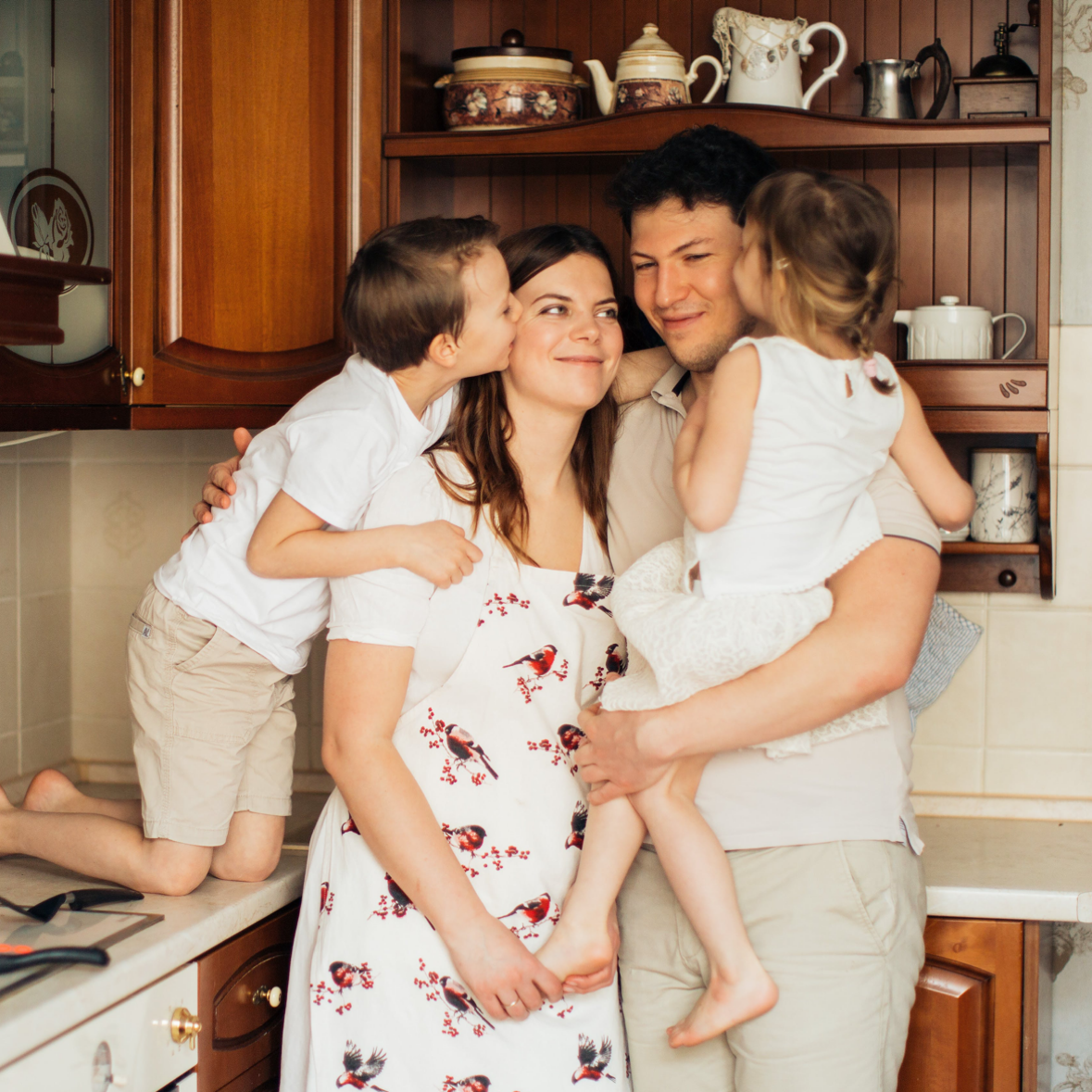
We’ve all been there, watching someone struggle with a problem without making any progress: the spouse who is perpetually late, the friend who won’t leave a dead-end relationship, the college graduate whose job search has stalled out.
Meanwhile, we can see exactly what they need to do to fix their problem…if only they would just listen!
It’s one thing to yell advice at the television as we watch our favorite team fall apart on the field. But when the person in question is someone close to us, our “helpful advice” will probably be ignored—or worse, met with annoyance.
There’s a better way to help the people closest to us, though, as Dr. Greg Popcak discusses in his book, God Help Me! These People Are Driving Me Nuts! Making Peace With Difficult People. Here’s a summary of the process he outlines in chapter 2 of the book.
What’s Your Motivation?
Before offering your advice, take a moment to ask, “Why am I so eager to jump in with my two cents?”
Let’s face it: sometimes, it’s less about them and more about us looking for some kind of personal ego boost.
If we’re living a Christ-centered life, though, our main motivation should be to love the person in the way God loves them. The Christian definition of love is wanting the other’s good. Our aim, then, should be to help our friend or family member become more fully the person God intends for them to be.
Aligning our desire for the person we’re trying to help with God’s desire for them is absolutely critical. If we’re not on board with God’s plan for them, then we’re at risk of simply trying to impose our own wishes, desires, and preferences on the person we’re trying to help. Rather than helping the person become the unique and wonderful reflection of God’s image that they were made to be, we’re really trying to remake them in our own image.
The reality is, playing God is way above our pay grade.
Are You Invited to the Party?
Unless you’re in a formal mentoring or supervising relationship (as the parent of a child, for example), steer clear of offering advice that hasn’t been asked for.
“The rule of thumb when helping others is wait to be invited to the party before you offer to bring the potato salad,” Dr. Popcak writes.
That doesn’t mean you need to sit by biting your tongue. You can offer your help, respectfully: “I know you’re struggling with your job search. I think I might be able to help, if you want.”
Whether the person is open to hearing your advice or not, this approach strengthens your relationship because you’re showing up as a respectful ally, not a boss ready to take charge of their life.
Start with Listening
Listening is an act of love, the saying goes, and it’s a critical part of giving good advice.
“If you really are interested in helping a person become what God created him to be, your first step should be to ask him who he thinks that is, and then you should be quiet and listen,” Dr. Popcak says.
If “who does God want you to become?” is a little too abstract, break the question down. Ask them what qualities they want to be known for at the end of their life. Do they want to be known as a strong person? A loving person? Wise, prudent, patient, creative?
Next, ask a follow-up question: If the person were to live out those qualities in the situation that is causing the problem, how would he or she act differently? In other words, if they approached the problem in a way that lined up with their aspirations, how would the situation change?
Often, this question helps a solution to “snap into place,” Dr. Popcak says. Better yet, because the solution comes from inside the person and lines up with their own stated values, they are more likely to act on it.
For more ideas about how to help the people in your life, check out God Help Me! These People Are Driving Me Nuts! Making Peace With Difficult People. Or, if you want more one-on-one advice, connect with one of more than a dozen Catholic counselors at CatholicCounselors.com.

















